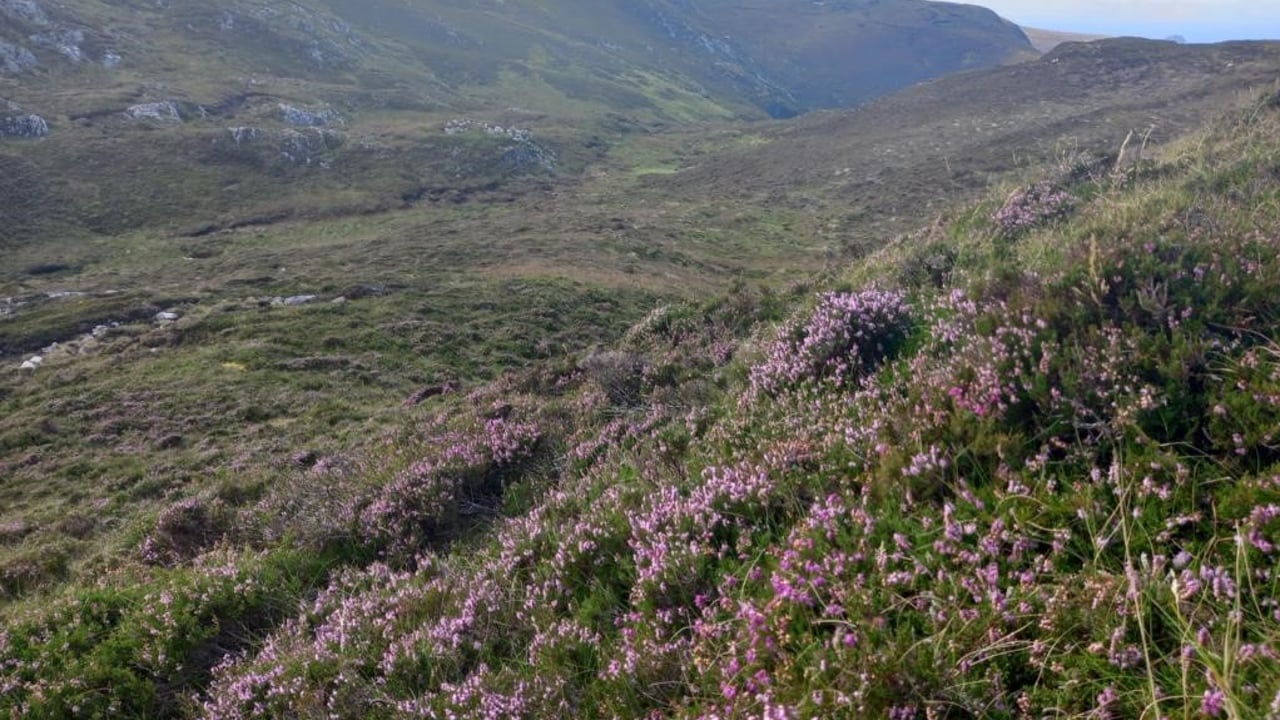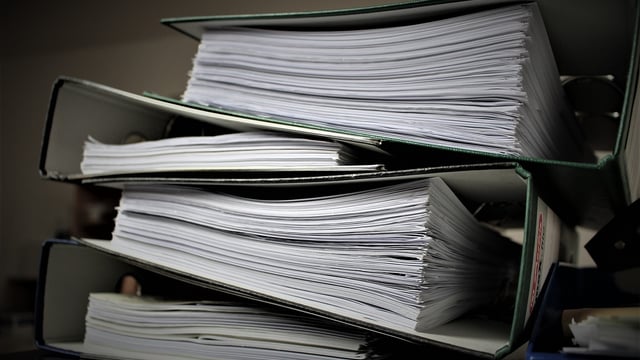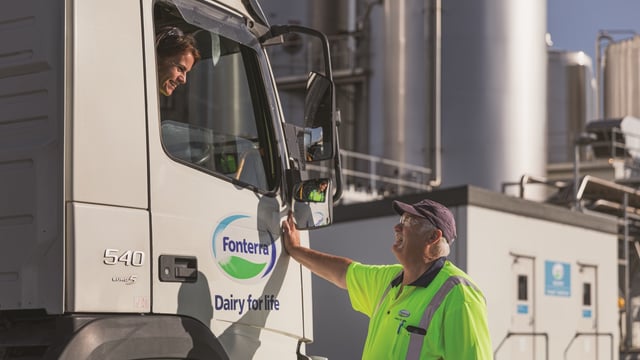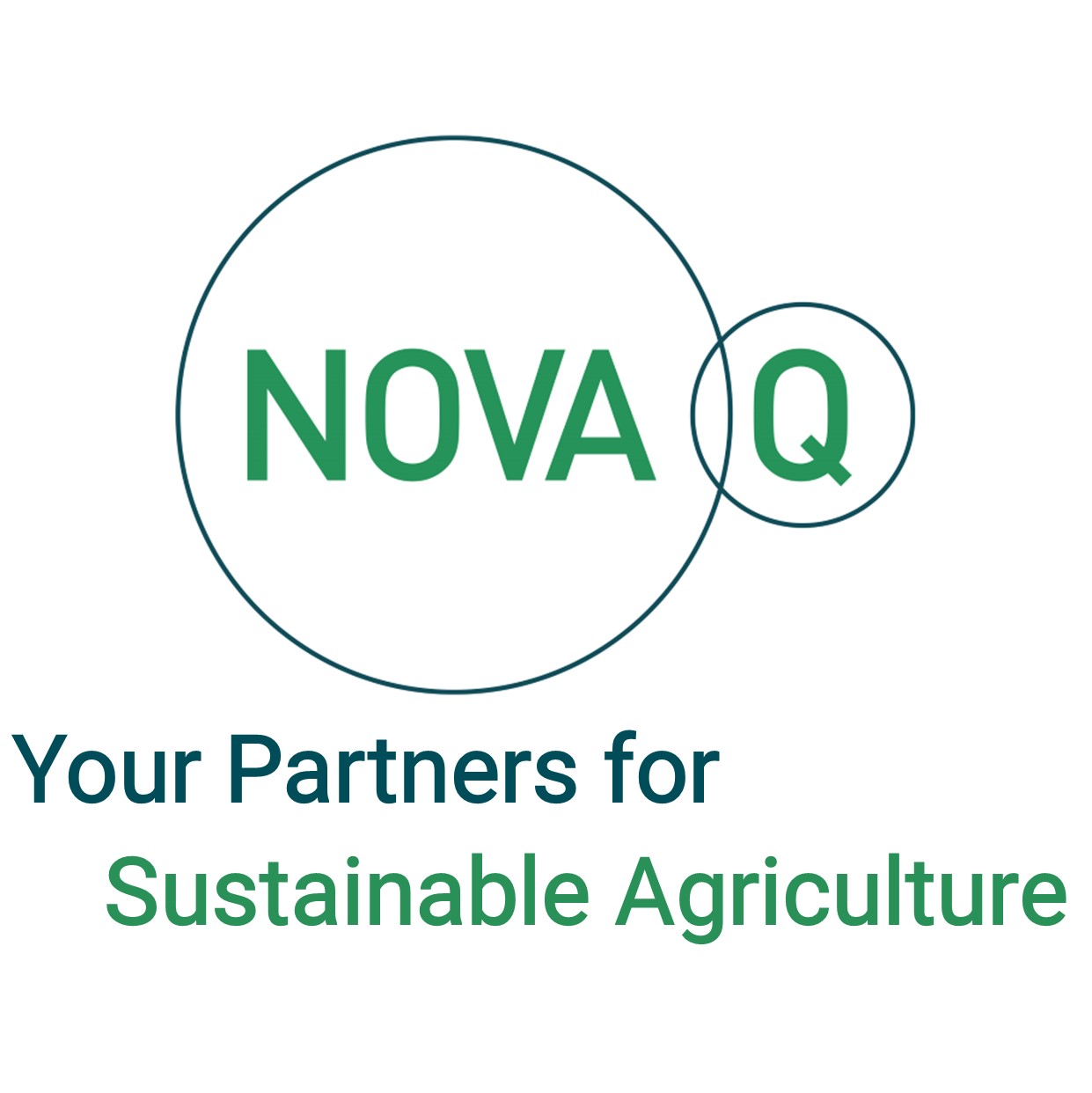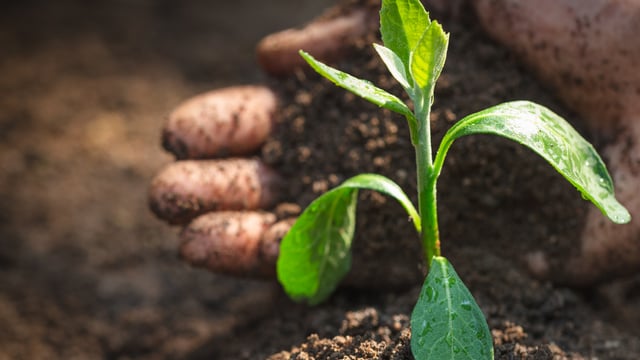Conservationists call for action to 'halt peatland degradation'
The Irish Peatland Conservation Council (IPCC) is urging people "to take one action to halt peatland degradation" in Ireland to mark World Environment Day next month.
According to the council "peatlands once covered nearly a fifth of the land area" in Ireland.
"However about 80% of this has now been lost or degraded through drainage, peat extraction, forestry plantation, overgrazing, burning and erosion," it stated.
To mark World Environment Day on June 5, The IPCC wants to highlight how healthy peatlands "provide ecosystem services such as carbon storage, water storage and purification and flood regulation".
This year's World Environment Day, which is led by the United Nations Environment Programme (UNEP), will focus on land restoration, halting desertification and building drought resilience.
The IPCC is encouraging people in Ireland to support World Environment Day 2024 by choosing peat free products for their gardens.
The council stated: "Peat harvesting for use as a compost involves drainage, removal of the living surface vegetation and finally extraction of the peat layers.
"Peat free compost is now widely available in the retail sector or you can also make your own compost which will also help reduce waste going to landfill and save you money".
The IPCC is planning to host home composting talks at the Bog of Allen Nature Centre in Lullyallen, Co. Kildare on June 5 at 11:00a.m, 1:00p.m, and 3:00p.m.
This event is part of Féile an Dúlra, the council's annual festival of nature supported by Kildare County Council.
These talks will introduce participants to the benefits and methods of home composting.
According to the IPCC, peat-free wildlife gardens "demonstrate how easy and beneficial home composting can be".
"By composting grass cuttings, leaves, and kitchen scraps, gardeners can create nutrient-rich soil without harming the environment.
This composting process involves designated storage areas where soil bacteria and invertebrates like worms, woodlice, slugs, and snails break down organic material into rich compost.
The IPCC is also keen to highlight that "small actions can make a significant impact on preserving these vital ecosystems for future generations.
"Choosing peat-free options helps ensure that peatlands can once again function as water regulators, carbon stores, and wildlife havens, contributing to a healthier planet," it stated.

